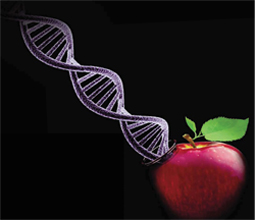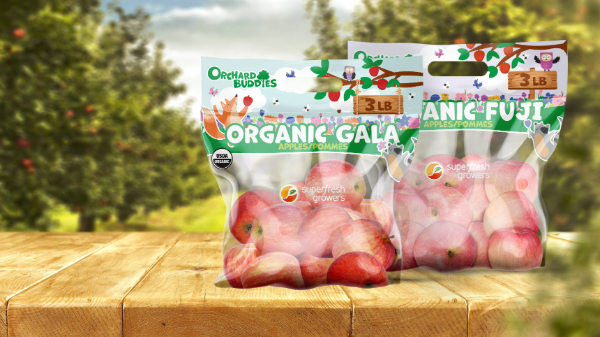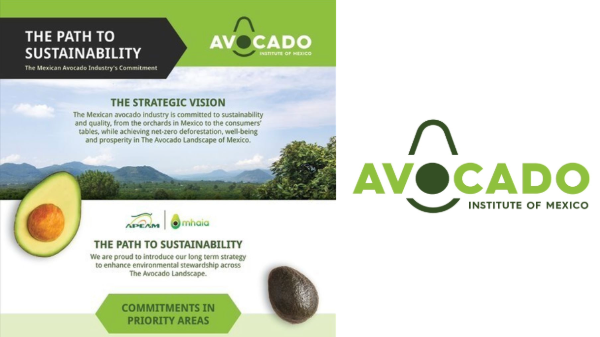Welcome to Blue Book!
Are you ready to join the thousands of companies who rely on Blue Book to drive smarter decisions? View our plans and get started today!
Still have questions? We’d love to show you what Blue Book can do for you. Drop us a line– we’ve been waiting for you.

Yet despite the enthusiasm of some growers, Carter says others are worried about market disruption: “They’re concerned that introducing a GE apple might scare consumers away from all apples.” And this is a very real concern, as some consumer groups and shoppers are adamantly against any type of tinkering with Mother Nature—even though GM crops may be the best way to feed the world’s burgeoning population, as today’s 7 billion is projected to reach 9 billion by 2025.
The Cons
While GE crops can offer certain production benefits, they also present questions. The combination of consumer fear and uncertainty over the veracity of GE benefit claims is rightfully leaving many farmers in the “not sure yet” camp.
“The biggest issue we’re facing is that we just don’t know enough about the long-term effects of GE to allow its widespread adoption into our system of agriculture,” says Lisa Turner, a food consultant who has penned a forthcoming book called ObeSociety: How Food Toxins Are Making Us Fat. “Very few studies have been done regarding the safety of GE crops for human consumption, and of those studies, many have been shown to be biased.”
A 2011 article in Food Policy found multiple occurrences of “either financial or professional conflict of interest” associated with “study outcomes that cast genetically modified products in a favorable light.” Further, many of biotech’s promises to feed the world by producing pest-free crops have also failed to materialize with enough consistency to convince most growers.
On the other hand, a study by the Latin American Center for Rural Development found in an analysis of more than 286 organic conversions in 57 countries, an average yield increase of 64 percent was realized. Other reports find potential health risks to animals and believe GE and non-GE crops cannot coexist without cross contamination.
Voices on either side of GE crops are calling for more research to establish the benefits and risks. “When people don’t have knowledge, they assume the worst,” commented Mark Hayes, a partner at Twin Garden Farms in Harvard, IL. “I would like to think that GMOs will eventually be accepted as farmers use them to offset the costs of growing, but the studies need to be done independently so they have the confidence of the public.”
The Heart of the Issue
Whatever the scientific findings, a larger part of the debate is centered on trust vs. profit. “Why isn’t the industry more transparent? It’s all about big national companies on both sides trying to carve out market share,” Carter explains.








